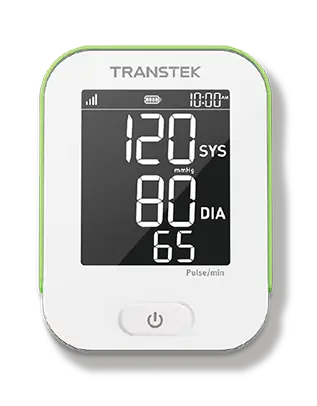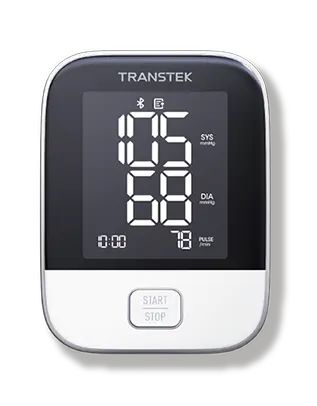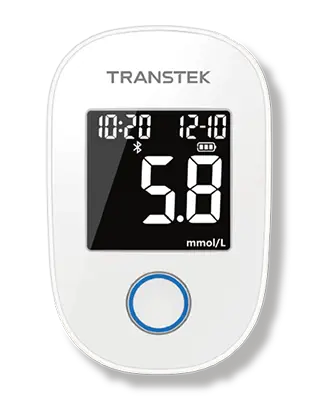
The smart body weight scale can automatically measure and record our weight, but they can also track many other indicators depending on the model.
BMI, or body mass index, is a value that is often used to determine one's health status. This is actually the ratio of our weight to our height.
BMI is often used to determine whether someone is overweight. According to the National Institutes of Health, BMI less than 18.5 is considered underweight, 18.5 to 24.9 is considered healthy, and exceeding 25 is considered overweight.
BMI gives us an overview of our overall health, but it also has its drawbacks. Muscular people can be classified as overweight because they are heavier, even if they are lean. Thin people are often judged for being overweight. Nevertheless, it is still not a bad indicator worthy of attention.
Body fat percentage is a measure of how much of your total weight is made up of adipose tissue. This includes essential fats and stored fats, which is a good measure of your overall health. Reducing the percentage of body fat is usually the goal, but it couldn't be too low because it's bad for your health.
The percentage of body fat in most "normal" men is in the range of 18% to 25%, which in most "normal" women is in the range of 25% to 31%. Lower values will make you look slimmer and healthier, but men should not really fall below 6% and women should not fall below 11%. These values constitute the basic level of fat our bodies need to operare properly.
If you are below these values, you will face the risk of damaging the normal functions of your body, which is absolutely not we hope to happen.
The muscle mass measured by the smart body weight scale is opposite to the percentage of body fat. Muscle mass is how much of your body weight is made up of muscle tissue. This indicator may be beneficial to those who try to gain muscle. Sometimes it's hard to tell if you've gained weight from fat or muscle.
The smart body weight scale allows you to estimate how much lean body mass you have. You can also track this over time to see if you have achieved your muscle mass goals.
The lean body mass is your total weight minus your fat weight. This may sound like muscle mass, but it also includes things such as bone weight and water weight. For those curious, some smart body weight scales may actually distinguish between bone weight and water weight.
These are the main indicators that the smart body weight scale will calculate and track for you. Some scales may include other calculations, but the above indicators are the most common.
+86-0760-85702291







